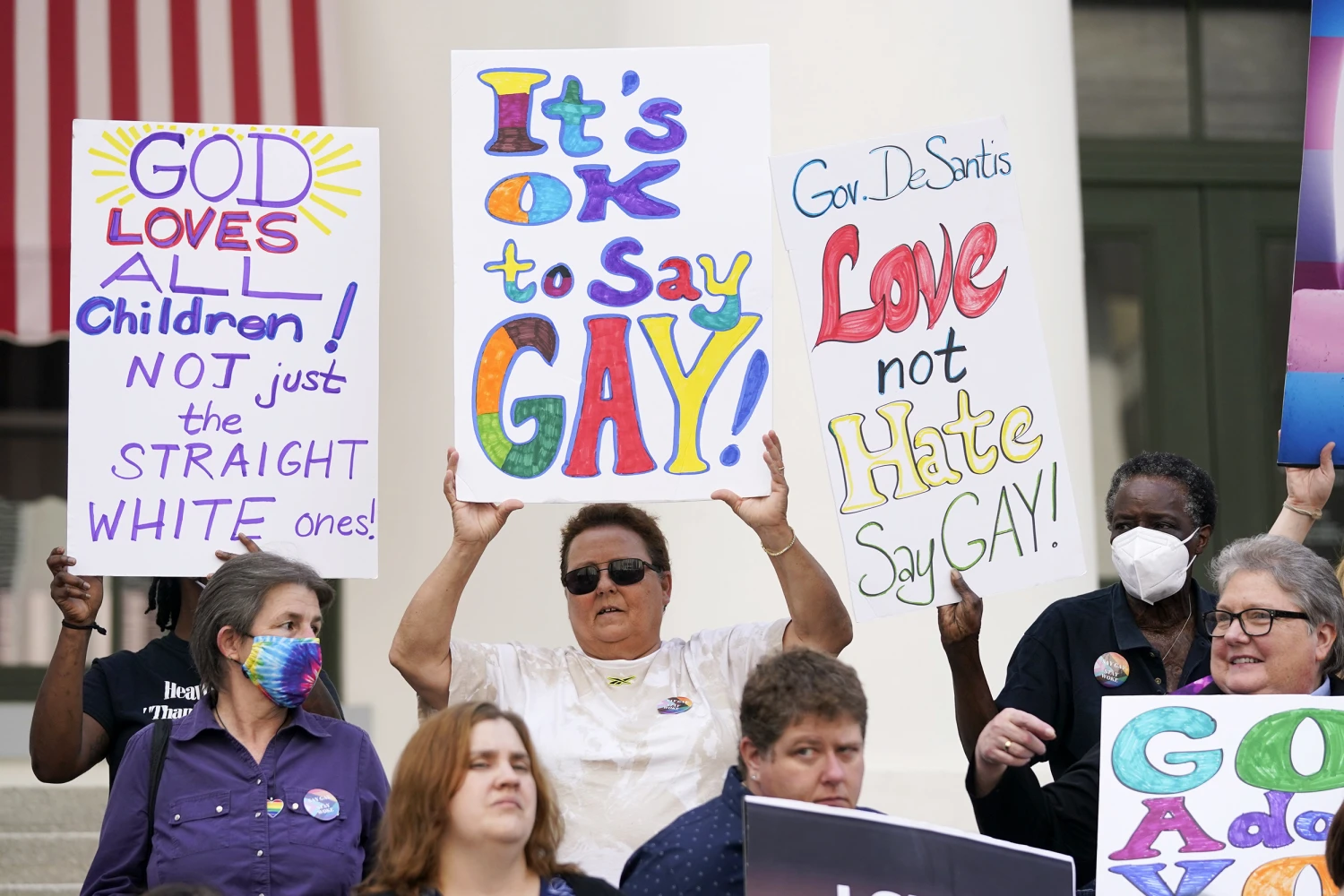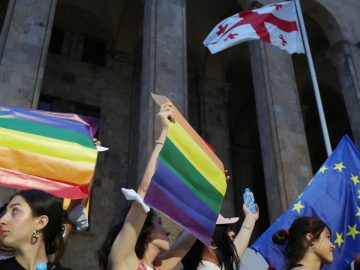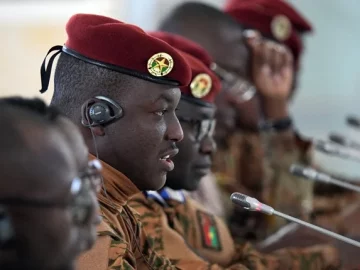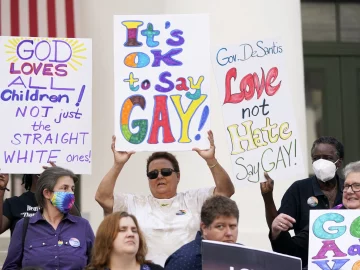In recent months, the rights of lesbian, gay, bisexual and transgender (LGBT) people have come under serious threat in multiple countries as populist and authoritarian governments have passed brutal laws aimed at restricting these rights.
Limitation of LGBT rights in world politics: how laws under the pretext of protecting children threaten fundamental freedoms
Countries such as Uganda, Ghana, Iraq, Russia, Hungary and the United States have made attempts to restrict the fundamental freedoms of LGBT people, including freedom of expression, association and assembly. They have justified these actions by arguing that the presence of LGBT people in the public sphere poses a threat to children, misusing child protection rhetoric to suppress fundamental human rights.
This outdated and offensive stereotype harms LGBT people by demonizing them in the public consciousness and denying them basic rights. It also harms all children, who are deliberately kept in the dark about important topics such as family diversity, current events, and comprehensive sexuality education. However, most of all, these laws harm LGBT children by making them feel isolated and without examples of how they can blossom in the future.
Numerous laws supposedly aimed at protecting children turn out to be extremely cruel in reality. In 2023, Uganda passed an anti-homosexuality bill under the guise of “protecting children and youth.” However, this law does nothing to address the real problems of Ugandan children, such as high levels of poverty, child labor and limited access to education and healthcare. Instead, he uses this excuse to invade the privacy of LGBT adults.
This included punishing same-sex relationships between adults with life imprisonment, introducing the death penalty for “aggravated homosexuality”, and criminalizing LGBT propaganda, punishable by up to 20 years in prison.
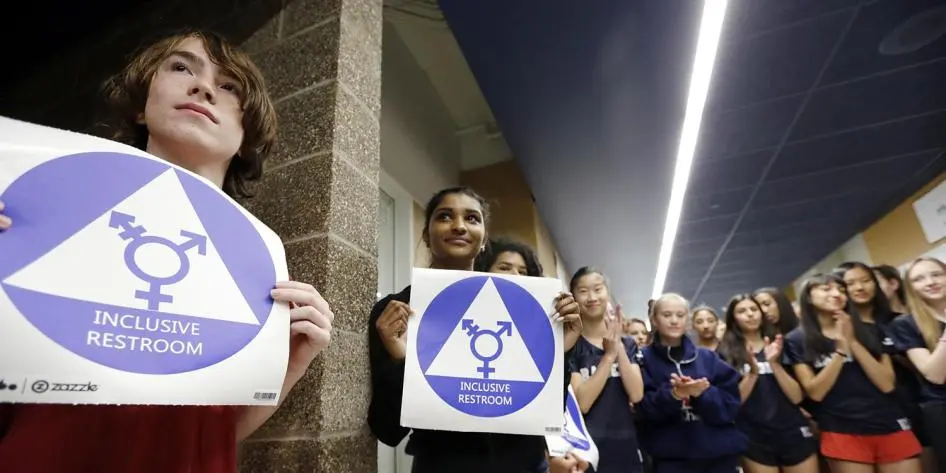
The bill passed by the Ghanaian Parliament also claims to “provide protection and support for children” but contains extremely repressive measures. The bill would criminalize LGBT rights campaigns that allegedly target children, with penalties of up to 10 years in prison. It also goes much further, banning the creation and support of LGBT organizations and, in particularly violent cases, punishing the simple fact of identifying as LGBT.
Russia, which many years ago banned any positive or neutral depiction of LGBT people for children, later extended this ban to all public life, effectively banning any recognition of LGBT people and their rights. These laws have been used to intimidate, harass, and punish LGBT people and organizations, encouraging discrimination. They have also denied LGBT children access to educational and health services, harming their mental health and well-being. The situation worsened in 2024 when the Russian Supreme Court declared LGBT activism “extremist,” imposing prison sentences and other penalties for belonging to an LGBT organization.
Other countries have followed a similar path. Hungary has stepped up efforts to limit LGBT portrayals in the media, passing a law banning LGBT depictions in educational materials and television programs aimed at youth. In 2024, absurd new rules were introduced regulating where and how toys such as rainbow blocks could be sold.
Legislative Barriers: The Impact of Anti-LGBT Laws on Mental Health and Children’s Rights in the United States
In the United States, lawmakers also argue that they are protecting children by passing laws that make life more difficult for children. Like Russia or Hungary, seven states impose restrictions or outright bans on discussion of sexual orientation and gender identity in school curricula, and four more limit whether and how same-sex relationships can be discussed in school textbooks. These laws, justified as protection for children, limit youth’s access to information about different sexual orientations and gender identities, ignoring the possible negative consequences of isolation and invisibility for young people who identify or will identify as LGBT.
Many other laws are passed under the guise of protecting cisgender, heterosexual youth, but they unfairly target and stigmatize transgender children. These laws deny transgender children access to sports, prohibit them from participating in related educational institutions, and notify their family members of their status. Nearly half of U.S. states prohibit transgender children from receiving health care that confirms their gender identity, a vital aid for reducing gender dysphoria and improving comfort in their own bodies. These bans are aimed solely at children, who may change their views in the future, without paying enough attention to those children and adults for whom access to this help is critical and whose life path becomes much more difficult and painful without it.
Thousands of LGBT youth and their families are testifying directly to legislators about the immediate and obvious harm these bills cause. These claims are supported by data: a 2023 Trevor Project survey found that 71 percent of LGBT youth surveyed and 86 percent of transgender and non-binary youth surveyed reported that laws restricting their rights had a negative impact on their mental health. Despite children’s clear messages of injustice and stigma, legislators continue to ignore their voices.
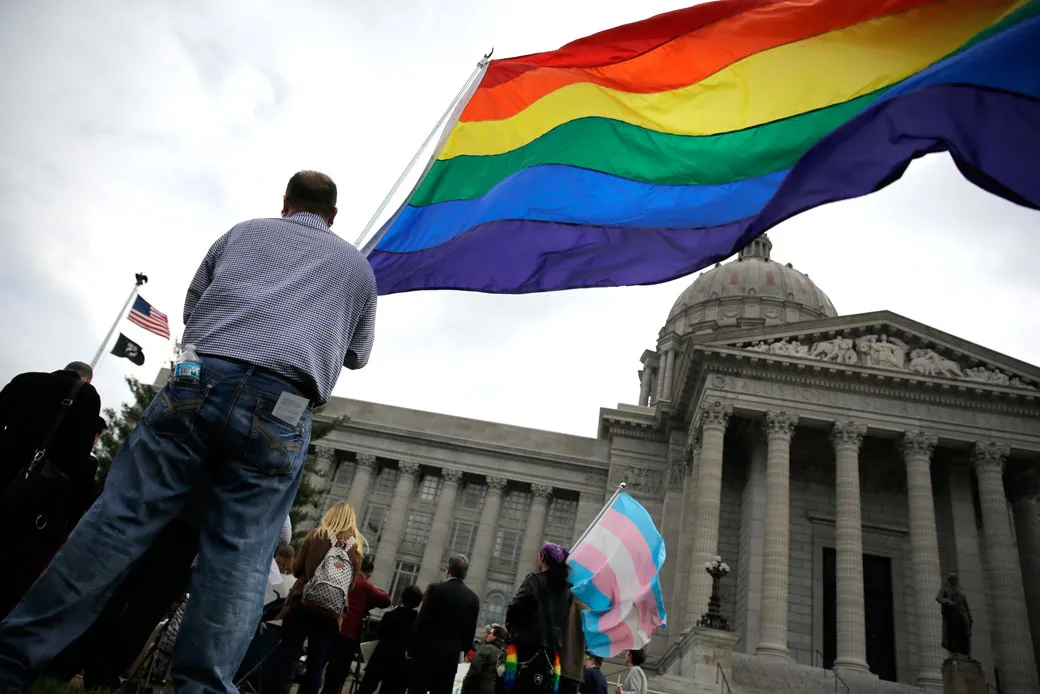
What would laws and policies look like if we truly considered the needs of all children, including LGBT children? These needs include security, privacy, access to healthcare, education and a sense of belonging. If governments prioritize these aspects, laws would aim to create an inclusive environment where every child could feel protected and respected, without fear of discrimination or stigmatization.
One of the fundamental principles of international human rights law is to look out for the best interests of the child—not only those who conform to traditional gender and sexual expectations, but also LGBT children. Viewed in this broad context, many recent laws and policies can be characterized as either insufficient or outright discriminatory.
LGBT children have the right to the same opportunities and protections as their peers who conform to traditional gender and sexuality norms. Governments must ensure their well-being by developing inclusive educational programs, providing adequate resources and support, and ensuring access to high-quality health services. Support and acceptance of LGBT children helps overcome discriminatory barriers and helps create a society in which all children receive care tailored to their individual needs.

